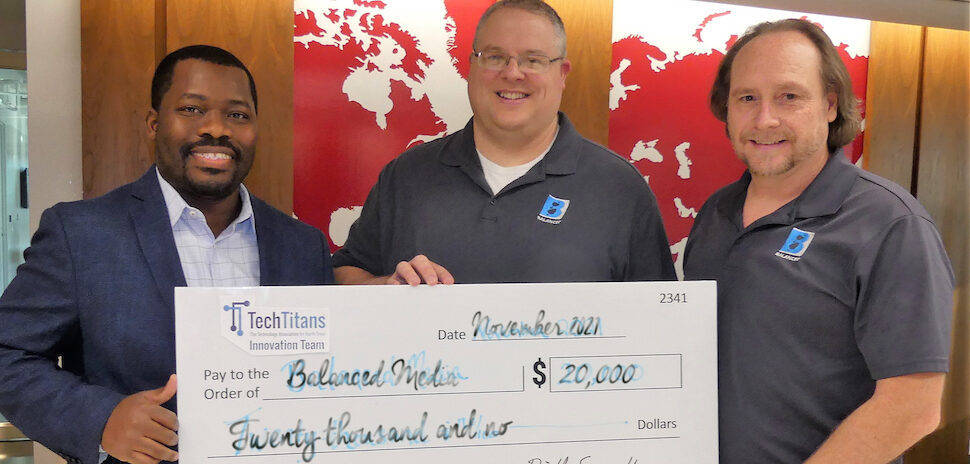A researcher from Dallas’ UT Southwestern could play a major role in developing treatments for humans who contract diseases like COVID-19.
John Schoggins, PhD, was recently chosen as one of 10 recipients for the National Institutes of Health’s prestigious NIH Director’s Pioneer Award. Schoggins, who studies how the body’s immune system responds to viruses, will receive $3.5 million over the next five years for his research.
According to UTSW, Schoggins’ work will examine whether or not animals that carry viruses—like Ebola and SARS-CoV-2, the cause of the current pandemic—possess antiviral genes allowing them to survive. The money will go toward equipment and the addition of more researchers.
It’s especially timely and vital research, given the current state of the U.S. But Schoggins didn’t approach the NIH application with that mindset—he submitted his grant proposal in October 2019.
That was well before COVID-19, a disease said to have originated in bats, hit.
“Given that we’re now in the middle of a pandemic, it probably helped that the introductory paragraph of my grant proposal talked about pandemic viruses,” Schoggins, an associate professor of microbiology, said in a statement. “We hope to make a big impact. With this kind of funding, you basically have the freedom to really take risks and do experiments that you probably couldn’t afford otherwise.”
Schoggins said he will study zoonotic viruses, which can move from their animal reservoirs to humans. Because humans are at high risk for exposure, mainly due to exploring wilderness areas or taking animals out of their natural environments, these viruses are easily spread.
Combine that with air travel and it’s a recipe for a fast-spreading pandemic, Schoggins said.
“All the animals in the world get viruses just like we do,” Schoggins says. “The question is: Why do bats or rodents, for example, control viruses that we seem to not be able to control as well? We think there may be important evolutionary differences in the immunity genes between, say, humans and bats, cats, or dogs, or cows, or pigs—whatever it is.”
This isn’t Schoggins‘ first foray into COVID-related research, according to UTSW. He has also produced work that examines how the LY6E gene, which inhibits infection from coronaviruses, has a similar effect on SARS-CoV-2. He was able to identify several FDA-approved drugs that could ” affect the coronavirus’ main protease and stop its replication.”
He has also looked into the IFI6 gene as an antiviral gene that could target flaviviruses, which cause West Nile disease and Zika syndrome.
“We fully expect [John] to make important contributions to our understanding of how genetic, innate immunity protects the animals that carry some of these deadly diseases,” W. P. Andrew Lee, MD, the executive vice president, provost, and dean of UT Southwestern Medical School, said in a statement.
Schoggins has previously been recognized by the NIH’s High-Risk, High-Reward Research program. In 2014, he was chosen for the NIH’s New Innovator Award, which supports “unusually innovative research from early career investigators” and was accompanied by $300,000 over five years.
He is the second researcher from UTSW to win the Pioneer Award, following Steven L. McKnight, PhD, a professor of biochemistry, who was a recipient in 2004.
![]()
Get on the list.
Dallas Innovates, every day.
Sign up to keep your eye on what’s new and next in Dallas-Fort Worth, every day.































